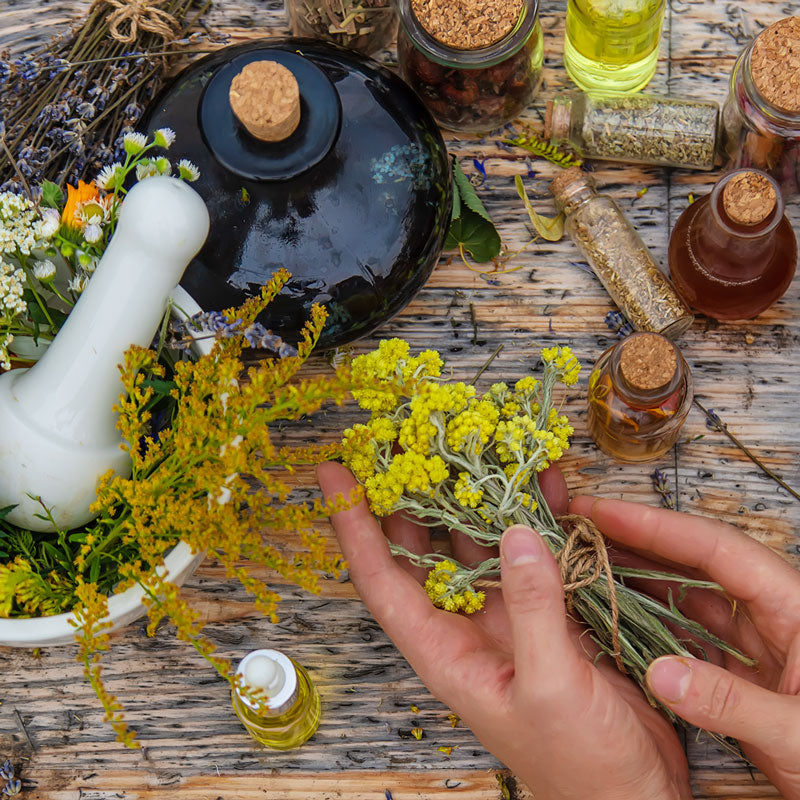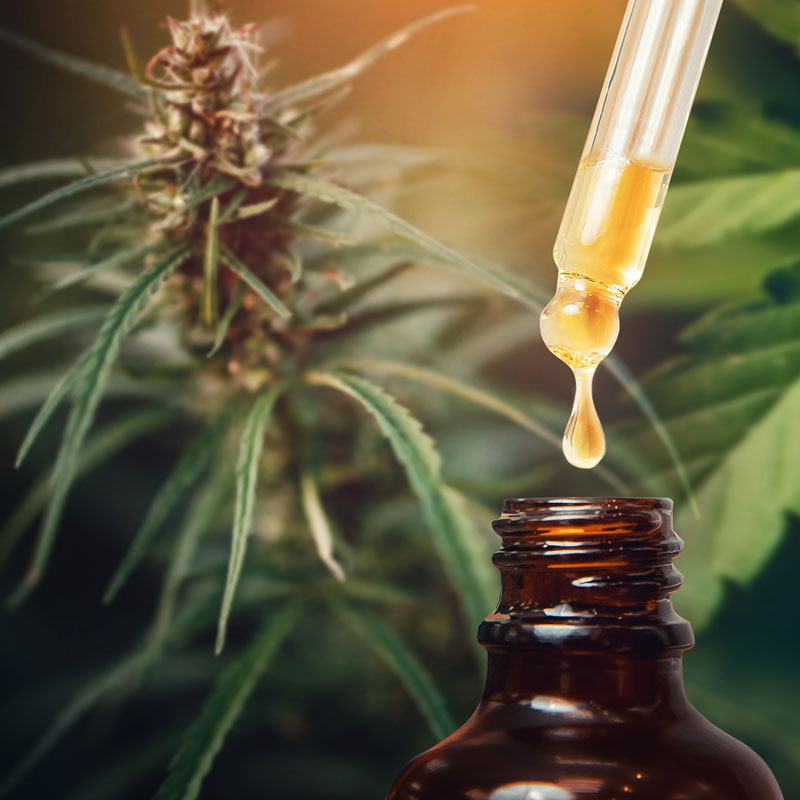The History of Herbalism in Ancient Greek Society

Ancient Greek herbalism played a foundational role in shaping modern herbal medicine, emphasizing the balance between nature, health, and philosophy. Greek physicians and scholars pioneered methods of plant-based healing that continue to influence herbalism today. Much like Traditional Chinese Medicine, Ancient Greek herbalism combined observation, natural remedies, and philosophical reasoning to develop a system of healing that is still relevant. From Hippocrates to Dioscorides, Greek herbal traditions continue to inspire modern herbalists and naturopaths worldwide.
Philosophy and Foundations of Greek Herbalism
Greek herbalism was deeply rooted in the philosophy of balance and harmony. Inspired by the teachings of Hippocrates, often called the Father of Medicine, Greek herbalists followed the theory of the Four Humors—blood, phlegm, yellow bile, and black bile. This belief held that human health depended on maintaining a balance of these humors, and herbs were prescribed to correct imbalances.
Greek medicine also emphasized natural healing over supernatural beliefs, a stark contrast to many ancient civilizations that attributed illness to divine punishment. Instead, Greek physicians relied on empirical observation and plant-based treatments to restore health.
Greek Herbal Remedies and Techniques
The Greeks classified herbs based on taste, temperature, and therapeutic properties. Some common Greek herbal techniques included:
- Infusions & Decoctions – Boiling or steeping plants in water to extract their healing properties.
- Poultices & Compresses – Applying mashed or prepared herbs directly to the skin for wound healing.
- Tinctures – Greek herbalists often used wine as a solvent, much like modern herbalists use 200 proof food grade ethanol, to extract medicinal compounds from plants.
- Ointments & Balms – Mixing herbs with oils and waxes to create topical remedies for wounds, burns, and pain relief.
Notable Greek Herbalists and Their Contributions
Hippocrates (c. 460–370 BCE)
Hippocrates emphasized the role of diet, lifestyle, and natural remedies in health, laying the groundwork for modern herbal medicine. He documented over 300 medicinal plants, including garlic, mint, and willow bark, which is the natural precursor to aspirin. His approach focused on treating the whole person, rather than just symptoms—a philosophy that strongly influences modern herbalism.
Theophrastus (c. 371–287 BCE)
Known as the Father of Botany, Theophrastus meticulously studied plants, classifying them based on their medicinal properties. His works, such as "Enquiry into Plants," provided early botanical descriptions that helped standardize herbal medicine.
Dioscorides (c. 40–90 CE)
A Greek physician and pharmacologist, Dioscorides authored "De Materia Medica," one of the most influential herbal texts in history. His book cataloged over 600 medicinal plants and their uses, many of which are still used in herbal medicine today. Opium poppy, rosemary, fennel, and aloe vera were all extensively documented in his writings.
Most Popular Herbal Ingredients in Greek Herbology
Ancient Greek herbalists relied on a vast array of botanicals to promote healing and balance. Many of these ingredients continue to be used in modern herbalism due to their powerful medicinal properties. Some of the most prominent herbs used in Greek herbology include:
- Willow Bark – A natural pain reliever, rich in salicin, the precursor to modern aspirin.
- Oregano – A potent antimicrobial and immune booster, commonly used for respiratory health.
- Mint – Known for its cooling effects, digestive support, and headache relief.
- Garlic – A natural antibiotic and cardiovascular tonic, widely used for immune support.
- Saffron – Valued for its mood-enhancing properties and cognitive benefits.
- Fennel – Used to ease digestive discomfort and support overall gut health.
- Opium Poppy – Historically used for pain management and sedation.
- Aloe Vera – A popular remedy for skin irritations, burns, and wound healing.
- Bay Laurel – Believed to promote respiratory health and relieve muscle aches.
These botanicals highlight the rich plant-based traditions of Greek herbal medicine, many of which remain cornerstones in modern herbalism.
Influence on Modern Herbalism
Ancient Greek herbalism laid the foundation for modern Western herbal medicine. Many of the principles and remedies from Greek traditions remain in use today:
- The Four Humors theory evolved into modern holistic medicine, emphasizing balance and preventative care.
- The classification of herbs based on effect and potency influenced modern pharmacology.
- The extensive documentation of plants in Dioscorides’ "De Materia Medica" continues to be a reference for herbalists.
- The Greek emphasis on alcohol-based extractions, such as using wine to preserve medicinal compounds, aligns with today’s use of 200 proof food grade ethanol to create potent and long-lasting tinctures.
Final Thoughts: The Lasting Legacy of Greek Herbalism
Ancient Greek herbalism represents a significant chapter in the history of natural medicine, blending scientific observation with plant-based healing. The Greeks' systematic approach to classifying herbs, refining extraction techniques, and treating illness naturally continues to shape modern herbal practices. By understanding these traditions, herbalists today can draw from centuries of wisdom to craft effective tinctures, extracts, and remedies that harness the power of nature.








